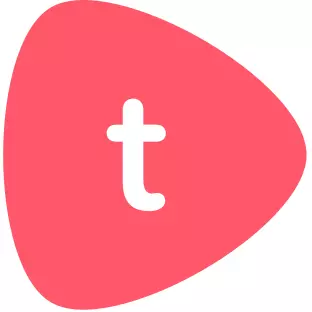Wild Ways With Words
We appreciate that the thought of taking learning outside may be a challenge! It might be a struggle to make connections between outdoor play and learning. Maybe it is difficult to shift from a teacher-led approach to one that enables child-led inquiry. Perhaps you feel the need to highlight the learning to parents, or wonder about how to provide a focus for play and learning outdoors.
Take a breath. You can do this a little at a time. Start off by taking a book outside to read together, or do a math based treasure hunt as you collect and count or identify shapes. Enable scientific inquiry by observing changes in the environment, or by planting seeds and monitoring growth. With every small step you take, you will start to feel empowered; soon enough you will be able to comfortably facilitate outdoor play and learning, and step back and observe the children’s joy and exploration.
To help get started, we have created a resource which provides play and learning experiences which are all connected to a story. Inside, you will find ten picture books – each with five connected playful learning experiences. This is a great way to bring literacy outdoors, as well as facilitate and provide play opportunities. The suggested learning experiences also connect to areas of development – creative play, expressive arts, science and understanding of the world, mathematics, physical development, communication and language, role play, literacy and personal, social and emotional development. Now you can share the learning with parents with specific reference to areas of development and learning too! See? You got this!




